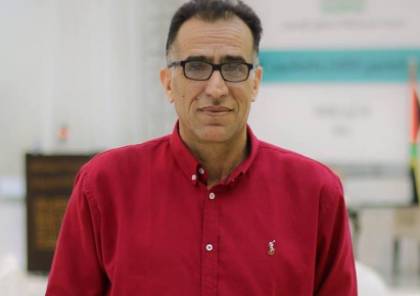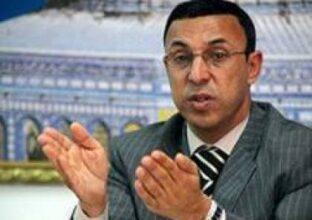Israel as Holocaust rhetoric loses its immunity
Al-Khamisa News Network - Gaza

Author: Akram Atta Allah
In great wars structures, states and institutions fall, and ideas fall too — those proven to collapse in the face of reality. What comes after wars is not as what came before, and with every war that captured the world’s attention a new world and new ideas were born that folded away the old ones that had believed in their durability and continued life. Likewise, after the war of extermination on Gaza the world that looked into the mirror will be “a different Narcissus” and the region will see a redistribution of power among capitals, with some rising and others struck and shrinking. At the Palestinian level, ideas have fallen that proved weak, superficial and costly — especially the program of the religious forces, most prominently Hamas after its collision with the ground and the razing of Gaza.
But the greater exposure before humanity is what Israel has lost in this extermination. The campaign of madness led by a mind afflicted by a historical complex became deranged. When the world once rushed to rescue the Jews from the white European Nazi, the continent’s response was to establish a state for the Jews in Palestine as a kind of purging of the European conscience that had produced, in the middle of the last century, some of the most politically mad movements — fascism and Nazism.
It seems that this conscience has begun to sense the magnitude of its old crime, and the new state of extermination is paying the price: “its international reputation” — as Trump said this week, aware that what happened cannot be whitewashed no matter the power of media and money.
Most striking and most dangerous this week in confronting the Israeli narrative was what Abraham Burg, former Knesset speaker and former Labor Party leader, said: “Israel has lost the immunity of the Holocaust and we are witnessing the end of the era of the victim,” drawing the curtain on a narrative that lived for eight decades before reaching the peak of its exposure. This is not a passing matter but is deeply rooted in an old ideology from which the Holocaust had temporarily displaced attention in favor of the victim, regardless of its ideas and hallucinations — yet those hallucinations have translated themselves by invoking every old chauvinism that lay dormant or was covered by the crimes of 1940s Europe and the roar of its arms and the dust of its battles.
Abraham Burg is one of Israel’s sages over the past two decades. Like Plato’s gadfly, he has been used to stinging Israel’s donkey at its festering sores, directing the political perspective he possesses to sound alarms amid the madness into which it rushes, trying to cry out like Diogenes and warn one day that “a state cannot live by the sword forever,” but when madness prevails the voice of wisdom is lost.
Burg experienced the system from its depths: he once presided over its parliament and later headed the Jewish Agency. He is the son of Rabbi Yosef Burg, one of the leaders of the National Religious Party, and throughout that experience he observed, read and listened until he became one of the state’s most important rulers and sages.
About four decades ago the great Palestinian poet Mahmoud Darwish, in his lofty language, said what Burg says now, asking: “Are they of the psalms who clatter weapons? … a victim that killed its victim — and that was my identity” — calling on Isaiah to come out of the ancient books above the openings of the Old Testament and claim that the victim has not changed its skin. But myth has legs and feet, and an ideological heritage becomes a culture that then becomes a political practice that cannot be hidden. Burg and every observer of Israeli affairs understand that the victim did not change its skin because the intellectual genes are more deeply rooted than passing historical moments.
At the moment this government was formed I was among those who believed a new moment was born, a divide between two Judaisms: one fake, a hybrid between a delirious religiosity and a modern secularism that arose after the European Renaissance and lasted for three quarters of a century, until displacement within Israeli society and state moved toward a pure Judaism that constituted a coup against the founding legacy. The most prominent expression of resistance to the old was the demonstrations in the streets of Tel Aviv, and during this shift Israel’s image as a democratic, civil state that respects the law gradually fell away; the image of the victim faded and Israel contracted around its Jewishness — then the war came and gave an accelerating charge to the historical course that had been advancing slowly.
From here comes the objection to Hamas’s major operation: history was already moving toward its certain station, which is the rejection of Israel without external interference. Israeli internal dynamics should have been left to draw the curtain on the old Israel and its victim image, but the matter has become clearer now.
At the start of the extermination the US defense secretary at the time, Lloyd Austin, said a sentence the arrogant state did not understand: “Israel faces a strategic defeat,” and now the president most closely allied to Israel, Donald Trump, returns to say: “Israel is losing its international reputation.” Israel is not a central state in the concept of states — not in history, geography or demography — all of that appears fragile in an existential sense, yet it lived supported by the reputation of the victim and the immunity of the Holocaust … Burg says that is over … and that is important.



